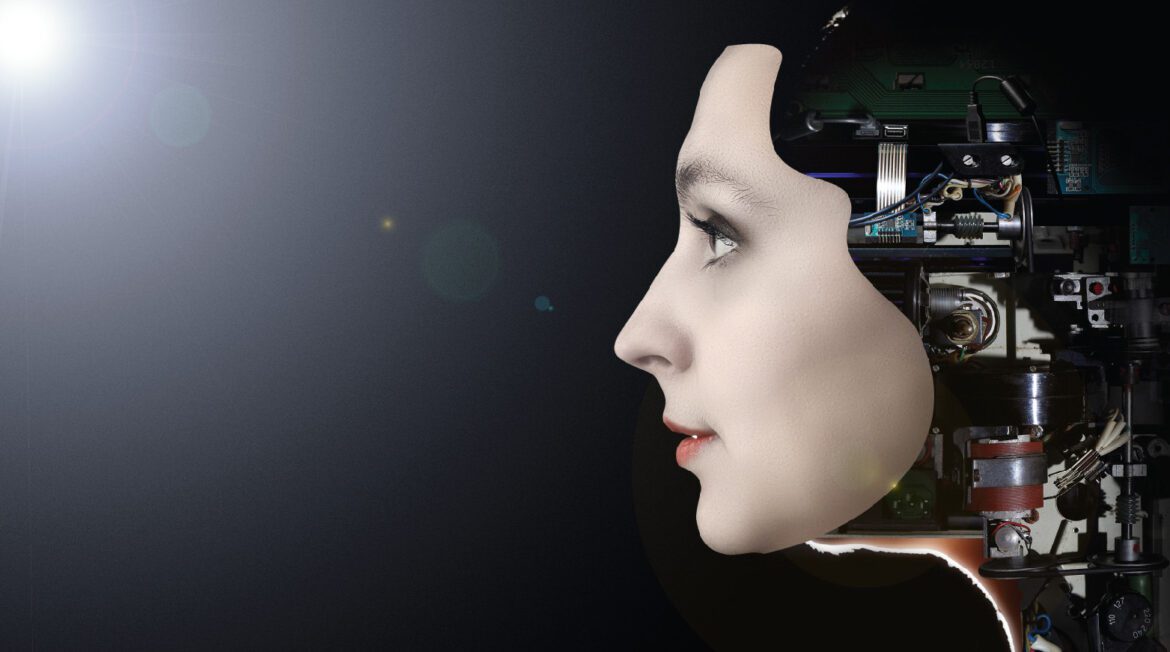The word is out. ChatGPT is here to stay, and Artificial Intelligence is changing work as we know it across many sectors. Hollywood writers are nervous, and amidst the ongoing writers strike, they do have reasons to be afraid. With thought-generative content available via AI, the need for big writers rooms is starting to feel like an unnecessary budget line.
ChatGPT is an advanced language model developed by OpenAI. GPT stands for Generative Pre-trained Transformer (remember that for Jeopardy one day), a type of deep learning model that uses a transformer architecture. Transformers are neural networks that excel at processing sequential data, such as sentences or paragraphs, by considering the context of each word in relation to the others.
Essentially, ChatGPT has a computer code with the capacity to aggregate the entire internet for research and answer questions based on fact. These answers are original content, not plagiarized sentences, unique to your conversation, for the most part. You can ask it anything and get the response in your preferred list format or in certain lengths. There is a huge capacity for use.
When it launched, many people raised concerns that it was already too smart. The question of trust in AI is complex and multifaceted. Trusting AI systems involves considering various factors, including their reliability, transparency, accountability, and alignment with human values.
I asked ChatGPT if humans could trust it, and it told me: Humans can trust AI when it shows reliability, provides accurate information consistently, and is transparent and explainable. Ethical considerations, accountability, and human oversight also contribute to trust by ensuring responsible development, deployment, and use of AI that aligns with human values.
One of the foundational creators of the neural network that makes modern AI possible, Dr. Geoffrey Hinton, who has worked on this at the University of Toronto since 2012 and is considered a leader in AI, recently spoke out against the entire field. When you consider what a reliance you have on digital platforms, managed by algorithms and analytics in a computer, it can give you pause. It makes me want to buy more printed books, just in case, so they can’t change the words if the robots take over.
Give it a try. It truly is incredible to see complex answers and writing, nuanced to your specific follow-up questions, unfold in front of you.
Graphic designers are on edge as Adobe Photoshop has now integrated artificial intelligence into its platforms. Try Photoshop with integrated AI and see how quickly you decide not to hire a designer or artist for a project and just do it yourself. Ask lawyers, real estate agents, photographers, artists, writers of all kinds, the list goes on… This technology will have a meaningful impact on society – not to mention countless careers.
Change is hard, and it is hard to know what the future will hold for us. It doesn’t have to be all doom and gloom. Maybe, with the help of AI, we’ll finally just have that official four-day work week and more leisure time. Only time will tell.
If you’re curious, the headline for this article that was actually generated by ChatGPT when I asked for one was, Conversational Prowess Elevated: Meet the Magic of ChatGPT! – exclamation point included.
I think mine is better.


